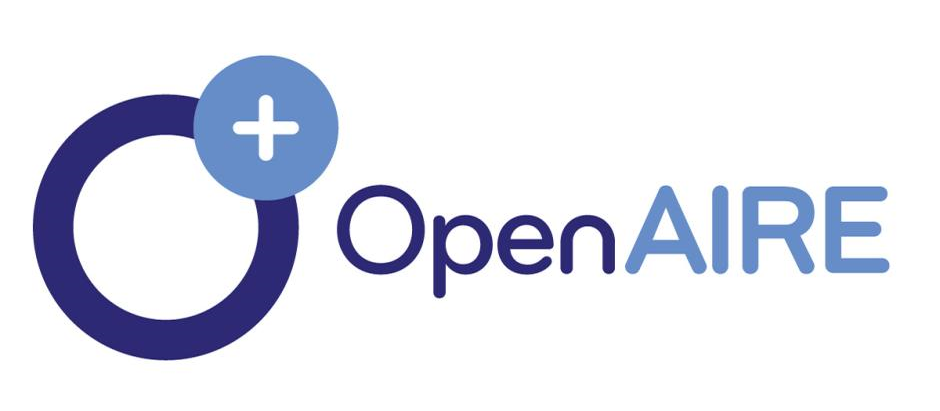Intervención cognitiva conductual de un caso de depresión en un joven de 25 años
Fecha
2021Autor
Silva Dominguez, Daniel Sergio
Asesor(es)
Vallejos Flores, MiguelMetadatos
Mostrar el registro completo del ítemResumen
The main objective of the present clinical study was to present the effectiveness of a
Cognitive-Behavioral Treatment Program in the case of Depression, which presented
comorbidity with anxiety. The person evaluated was a 23-year-old man with higher education
in the process of obtaining his professional title, who currently lives with his parents. The
patient was evaluated through the clinical interview and psychometric instruments which
allowed confirming the clinical diagnosis. The instruments used were the cognitive-behavioral
medical history, Beck's Depression Inventory, Beck's Anxiety Inventory, Millon's multifaceted
Personality Inventory, Ellis's Irrational Ideas Questionnaire, Rosenberg's Self-Esteem
Questionnaire, and Self-Records. The design of the cognitive-behavioral program was
organized according to the objectives outlined after the evaluation, with 24 sessions,
structured in psychoeducation and training through different techniques per session.
According to the results, the increase in healthy behavior, decrease in depressive symptoms,
reduction of indicators of anxiety, depression and irrational ideas in the patient can be
disclosed. Therefore, it can be concluded that the cognitive-behavioral program intervention
was efficient in its development.









